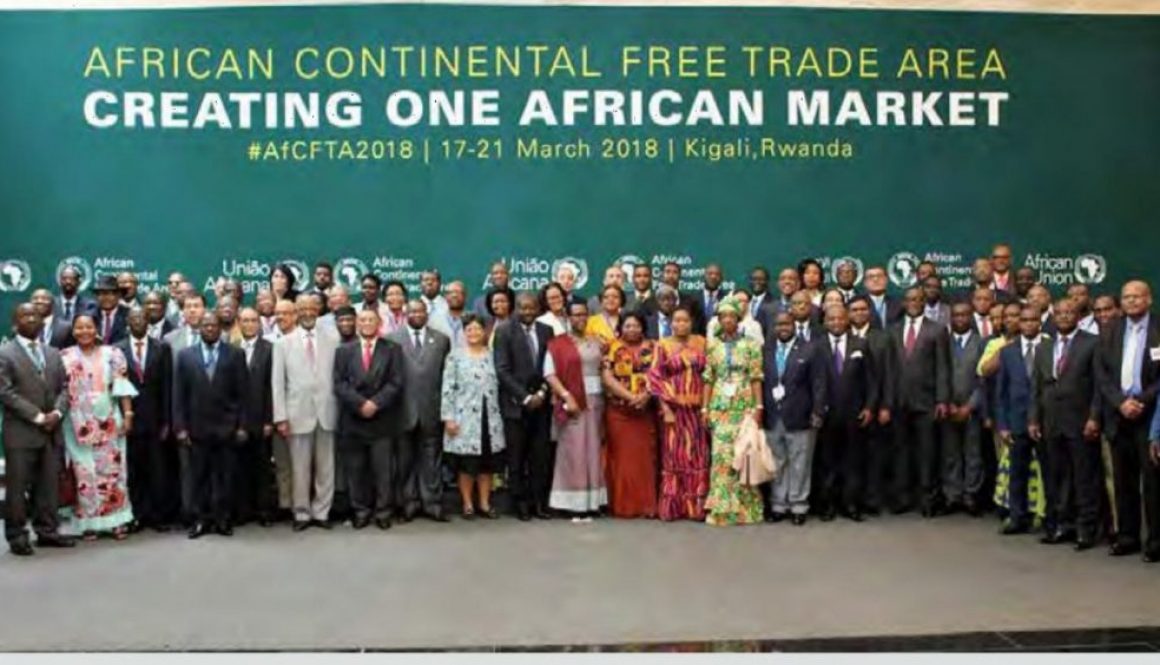Shippers call for removal of tariff barriers to enhance intra African trade
The Nigerian Shippers’ Council (NSC) on Monday urged African countries in West, Central Africa sub-region to fast-track the dismantling of various tariff and non-tariff barriers hindering intra-Africa trade.
The Executive Secretary, NSC, Mr Emmanuel Jime, made the call at the 9th African Shippers’ Day in Lagos.
The day has the theme, ”African Continental Free Trade Agreement: A Veritable Platform for African Shippers’ to Mainstream into Global Trade”.
Jime noted that dismantling of various tariff and non-tariff barriers would harness the potentialities inherent in African Continental Free Trade Agreement (AfCFTA).
Jime pointed out that African leaders must embrace tariff liberalisation for intra African trade to thrive.
According to him, trading within African countries is presently at a paltry 11 per cent, while the continent’s contribution to global trade is at three per cent.
He, however, advised that re-orientation and re-organisation of intra-Africa trade should start from West and Central Africa sub-region.
He noted that should the region get it right, it would be easier for other sub-region in the African continent to trade among themselves.
“I believe that AfCFTA is a very important tool to boost the African economy by increasing intra-African trade.
“When adequate measures are put in place to reduce tariff and non-tariff barriers that hamper trading between countries in the continent, then we will be on our way to achieving greater economic development for the continent.
“We all know that it is not an easy task, because a lot of things have been left undone in the past, but we can start now with great commitment and determination, we can achieve the Africa we all desire,” Jime said.
The shippers council’s boss, however, stated that if potentials inherent in intra-African trade were effectively harnessed, the African economy would expand by 52.3 per cent.
“The United Nations Commission for Africa estimated that AFCFTA will expand the size of Africa’s economy to US$29 trillion by 2050 and increase intra-African trade to 52.3 per cent from the current 11 per cent.
“Share of Africa’s trade to global trade is expected to double from current three per cent to six per cent with the implementation of the agreement.
“The re-orientation and re-organisation of intra-African trade should start from our sub-region, when we get it right in West and Central Africa, it will be much easier to connect and freely trade with other regions of the continent,” he said
Jime noted that African countries needed to create smooth integration of their transport infrastructures and trade policies as well as the required awareness among the economic operators in the sub-region.
“There is need to sensitise our various governments to fast-track the dismantling of various tariff and non-tariff barriers that are hindering international trade.
“ We should always look at the holistic impact which tariff liberalisation will have on our economy, rather than just considering the immediate shortfall,” he said.
Also contributing, Capt. Sunday Umoren, Secretary General, Abuja Memorandum of Understanding, noted that the agreement might suffer setbacks without the active collaboration of private sectors and development partners.
He added that there was need not to totally ignore the role of carriers, the vessel owners and the vessel itself on their part in delivering on AFCFTA.
“Shipping is the bedrock of globalisation. It helps in ensuring that the benefit of trade and commerce are more evenly spread across countries.
“All African industrial policy makers should be bold in developing and implementing extensive range of reforms and trade facilitation measures needed to rely the substantial rewards and dividends that the agreement offers,” he said.
Umoren urged that nothing should stop the region from having a ship owning capacity to eliminate the burden and impact of high freight rate of foreign ships.


